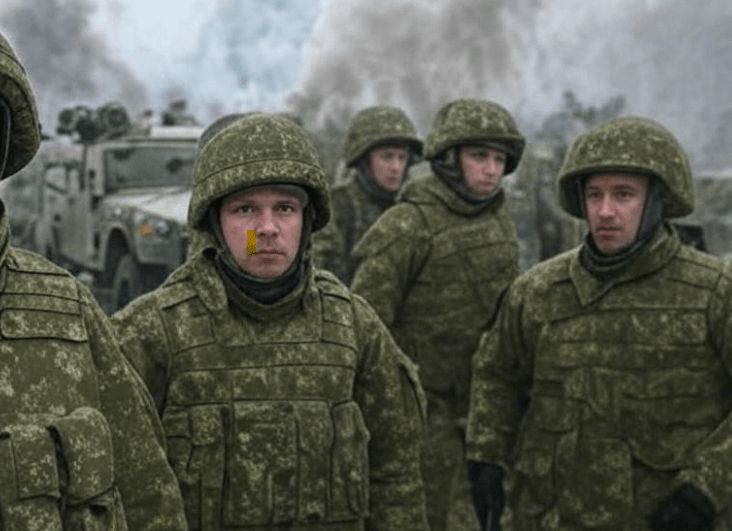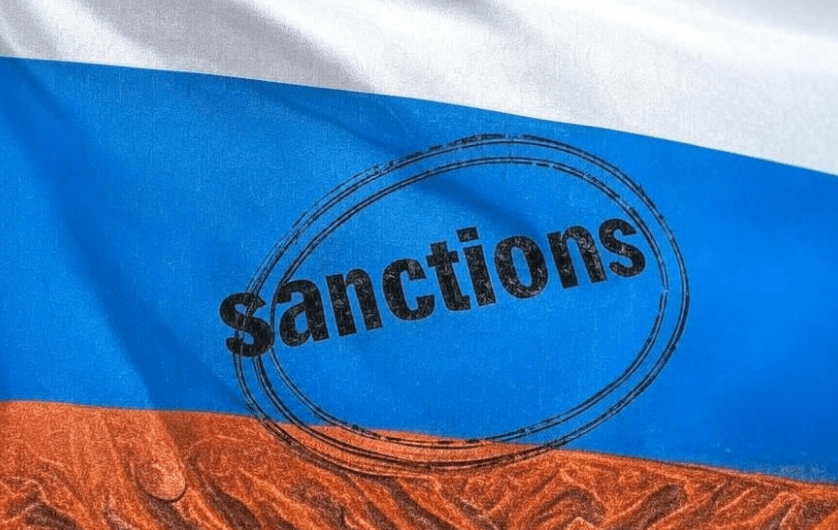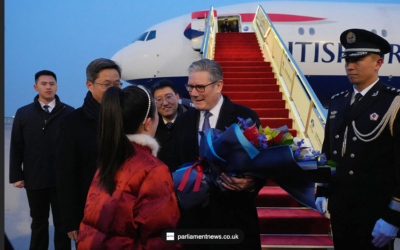The world has plummeted into uncertainty and unrest since the beginning of the Russia-Ukraine war. With several nations offering support or taking sides, it has been difficult, especially for Europe, to maintain financial assistance to Ukraine, while managing geopolitical confrontations with Russia. The Russia-Ukraine war’s origin could be traced back to the post-soviet times, when Ukraine sought to create stronger ties with the West by joining NATO and the European Union. The full-scale invasion of Ukraine by Russia began in February 2022 and has since riveted the nation and the world at large. As a candidate country for the European Union, Ukraine has been the beneficiary of political, humanitarian, military, and financial support from Europe. On the other hand, tensions between Russia and the EU have never been higher. The EU has firmly and publicly condemned Russia’s actions and imposed several sanctions. Hence the EU is faced with the challenge of offering support while navigating its relationship with Russia.

Military assistance
The EU has offered substantial military assistance to Ukraine, including training for Ukrainian soldiers (individual, collective, and special training), intelligence sharing, and weapons. Together with the military support provided by EU member states, the overall EU support for the Ukrainian army is estimated at 49.3 billion euros. However, its assistance exposed a level of division among member states. While Eastern European countries like Poland advocated for an immediate and aggressive supply of arms such as missile systems and tanks, other countries like Germany and France initially hesitated since they feared escalation with Russia. There have also been growing debates about the long-term sustainability of military support. While they eventually reached a consensus, it highlighted some amount of fragmentation and uncertainty.
The risk of confrontation exists. For example, while NATO has avoided formal troop deployments to Ukraine, the Kremlin has warned that supplying long-range weapons to Ukraine could trigger retaliation against NATO states. This may be true for European states as well.
Financial aid
The European Union has offered financial aid in the form of loans, grants, and guarantees. This has been towards assisting Ukraine to continue paying wages and pensions, restoring infrastructure damaged by the war, and maintaining essential public services such as hospitals, schools, and housing for relocated people to ensure macroeconomic stability. However, continued long-term financial support has been met with a lot of backlash by certain member states. Energy costs are rising, as a result of reduced Russian import of gas, and inflation is constantly increasing. Redirecting of key funds like COVID-19 funds and EU agricultural funds has caused a lot of uproar. As a result, countries like the Netherlands, Germany, and France have moved for stricter aid conditionality. Recently, following a veto by Hangary’s prime minister, a critical 50 billion euro package to Ukraine has been put on hold. These scenarios highlight the strain the EU is facing in maintaining financial support for Ukraine.

Diplomacy and Sanctions
The EU has imposed several sanctions on Russian oil and gas exports and certain industries. In addition, travel bans for certain high-level Russian officials, asset freezes and restrictions on the exports of some technology have been done. However, the EU is struggling to maintain this united front. Hungary’s Prime Minister Orbán has repeatedly vetoed sanctions on Russian energy, arguing that these sanctions harm Hungary’s economy. Slovakia’s leader, Fico, who has been called “Pro-Russia” has called for “peace talks, not arms shipments”.
While managing relations with Russia, diplomatic efforts have been crucial to a coordinated EU response. European leaders have held talks with Moscow about its nuclear security, grain exports, and humanitarian concerns. The EU has also coordinated strategies with NATO and the United States, but internal disagreements at times complicate decision-making. Efforts to engage Russia in dialogue remain tricky. France’s President Macron has advocated for a “security architecture” involving Moscow. Meanwhile, Poland and the Baltics have refused any negotiations until Russia withdraws its troops.

Possible Consequences
The EU’s support has significantly strengthened Ukraine’s defense, enabling it to withstand Russian advances. However, a prolonged war risks worsening the economic strain and political divisions within Europe. The burden of sustaining military aid, accommodating Ukrainian refugees, and stabilizing energy markets has put a lot of strain on European economies, testing their resilience. Additionally, the ongoing confrontation with Russia raises concerns about broader security implications, particularly for NATO. Any wrong moves could lead to confrontation, making the need for strategic caution essential. The broader implications for NATO and global security could be significant. This war has reinforced NATO’s role as a defensive alliance and has triggered an increase in military spending and security. It has also highlighted the importance of transatlantic cooperation, strengthening the relationship between Europe and the United States. Furthermore, the global security landscape has shifted, with increased geopolitical instability and a renewed focus on military preparedness.
Europe’s struggle to balance support for Ukraine with the need to manage tensions with Russia is a complex and ongoing challenge. The EU’s approach, including military aid, economic sanctions, and diplomatic initiatives, depicts the delicate equilibrium it must maintain. The long-term consequences of this conflict for Europe and the world are still manifesting, but one thing is clear: nations and alliances must deal with these two countries strategically. Careful diplomacy has never been more critical.


